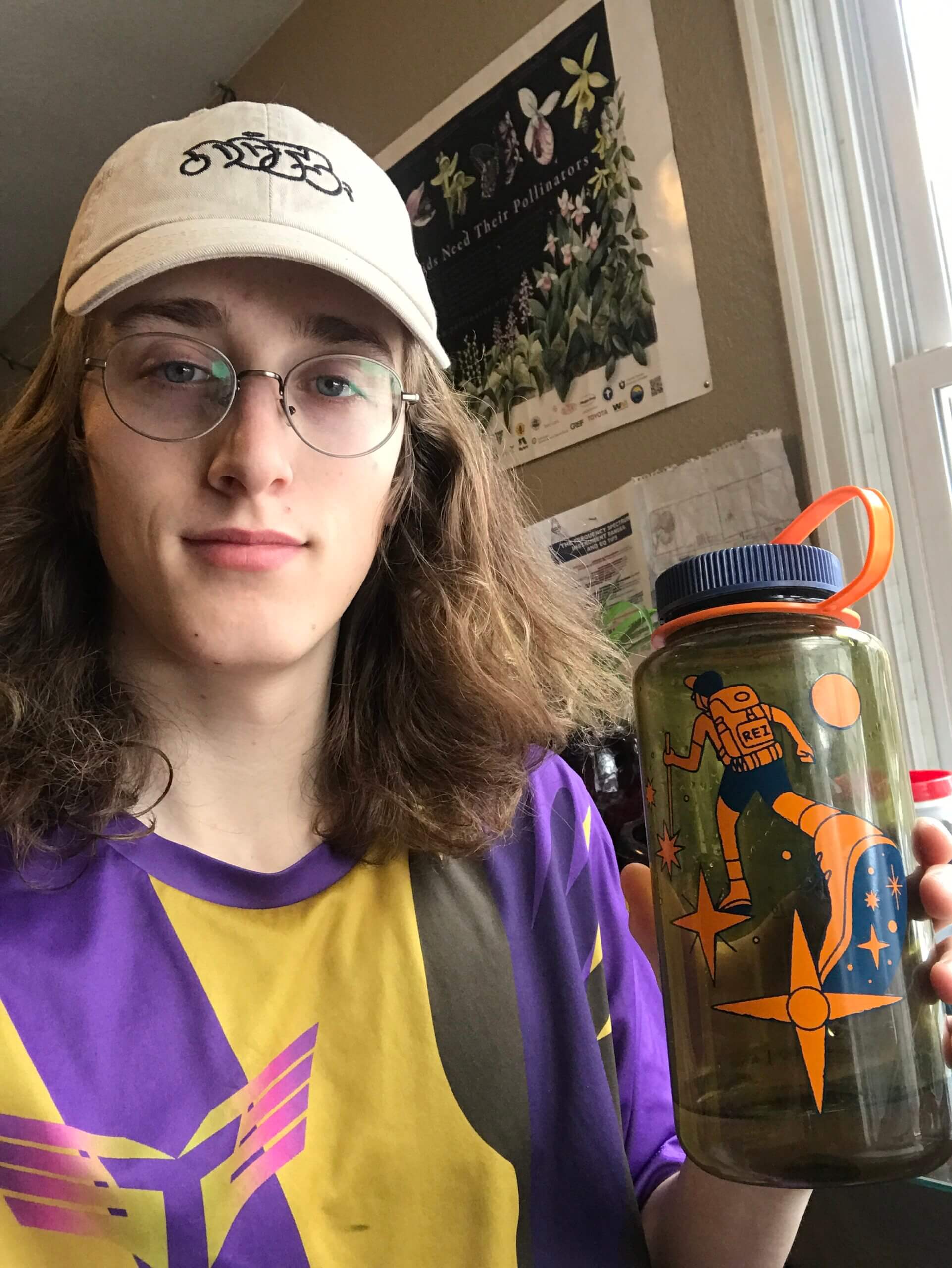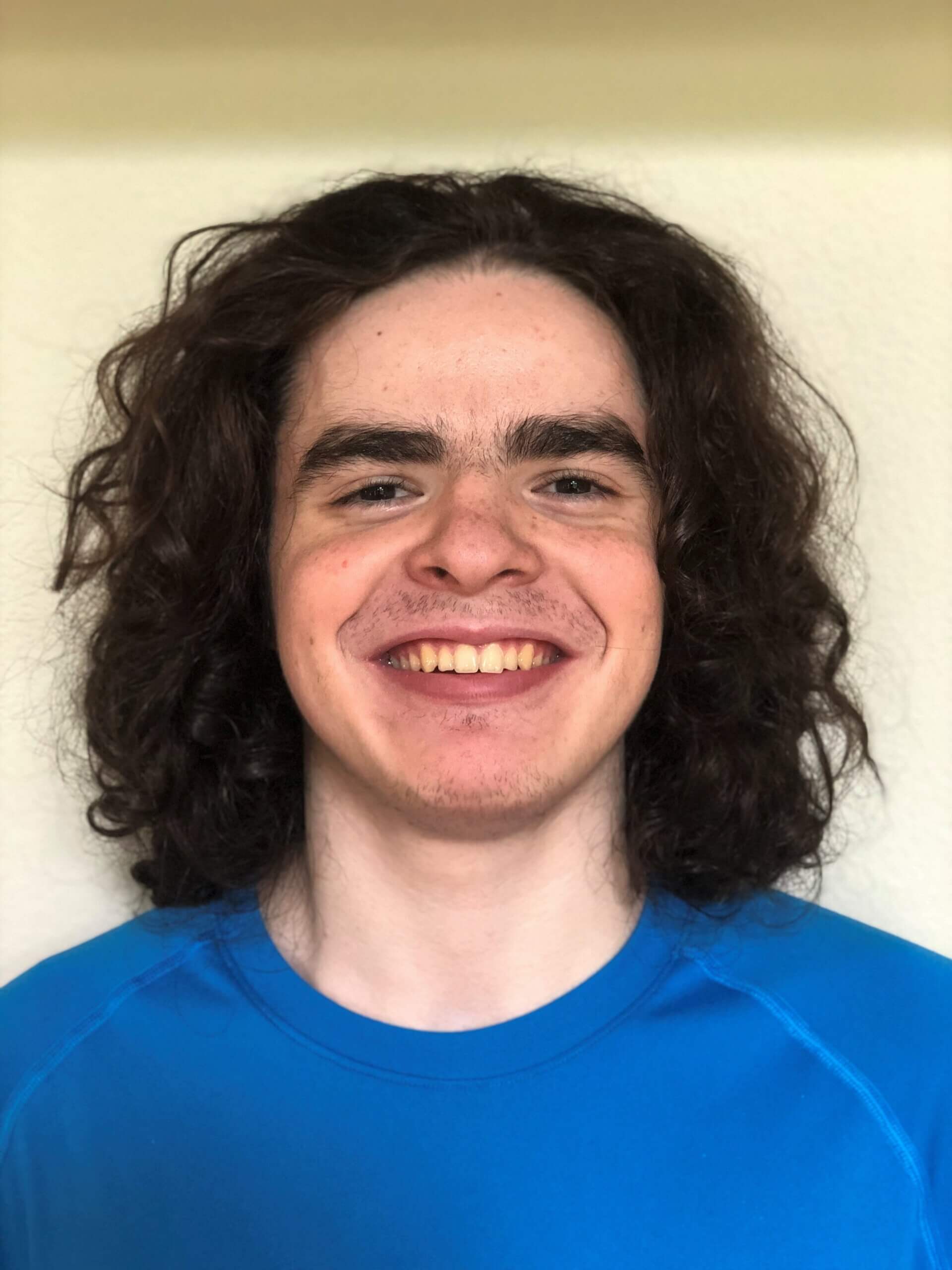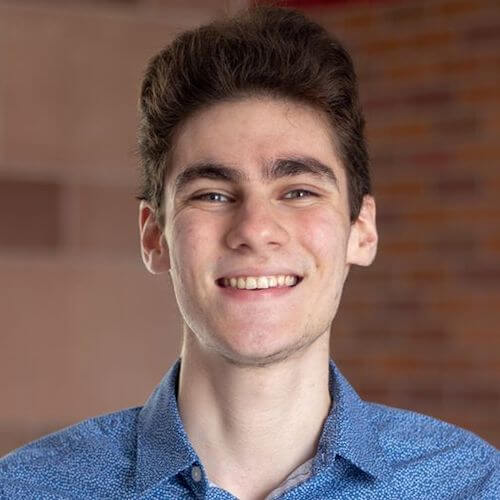The HFA team is excited to welcome a new group of students to our summer 2021 internship program! They will be participating in our annual Advocacy internship virtually, developing their passion in health care policy and self-advocacy. They will be participating in regular webinars and online training about legislative, policy and advocacy issues, learning more about hearings and what it means to work on Capitol Hill, building communications and media skills, and more.
Check out this week’s Intern Introspective:
Reflections from Our Readings: by Silas
 Much of our reading assignments in recent weeks has been on the topic of health equity.
Much of our reading assignments in recent weeks has been on the topic of health equity.
Health is the wellness that people are maintaining in their bodies and minds and equity is treatment that accounts for the proportional needs and position of the acted-up group. By combining these you get the crux of health equity. The Robert Wood Johnson Foundation says "healthy equity means that everyone has a fair and just opportunity to be as healthy as possible. This requires removing obstacles to health such as poverty, discrimination, and their consequences, including powerlessness and lack of access to good jobs with fair pay, quality education and housing, safe environments, and health care." A society with fully realized health equity would be a pretty decent place for everyone.
The larger reason for pursuing health equity is rooted in compassion and ethical pursuits of fairness, wellness, and human dignity. Since we have the capacity, we deserve to live in a society where we can be born into any position and be able to get healthcare equally! Until we achieve that, we can continue to learn and study the disparities (things like transportation, income, working conditions, etc.) that stop people from having equal access. Likewise, we can address them with policies and new laws, programs and environments.
In the end, health equity is a constant process more than a linear goal. Society's imbalances never stop changing, and new things will appear to block people from care. But it's a goal we always should maintain as we serve our communities. And for us as interns on the policy and advocacy team, it's an excellent concept to know and apply to our work.
— Silas
Considering the Capstone: by Ryan
 I'm so excited to be able to use the knowledge I have gained from the previous weeks with HFA for further advocacy through my capstone project. When I went to college, it was the first time I had lived away from home. This transition was only exacerbated due to my bleeding disorder. I remember the nights that my family and I stayed up trying to figure out how to get proper accommodations from the college as well as how to ensure that I would still be able to live a life free of hemophilia symptoms. Although we were eventually able to reach that goal, I realized that these difficulties are likely shared by many others and will only become more intense as colleges and universities shift back to in-person learning.
I'm so excited to be able to use the knowledge I have gained from the previous weeks with HFA for further advocacy through my capstone project. When I went to college, it was the first time I had lived away from home. This transition was only exacerbated due to my bleeding disorder. I remember the nights that my family and I stayed up trying to figure out how to get proper accommodations from the college as well as how to ensure that I would still be able to live a life free of hemophilia symptoms. Although we were eventually able to reach that goal, I realized that these difficulties are likely shared by many others and will only become more intense as colleges and universities shift back to in-person learning.
My capstone project will be a guide for teens with bleeding disorders to explain the important steps needed to ensure continuity of care while studying at a postsecondary institution. Although each person's experience is unique, there are clear commonalities, such as ensuring that there is a process for receiving treatment or accommodations from professors in case of bleeds. I hope that this project will help many incoming first-year students with bleeding disorders attend college with one less thing to worry about.
–Ryan
Meeting Musings: by Justin
 This week, I was privileged enough to attend two styles of meetings with the HFA Policy & Advocacy team that I have yet to experience so far in the weeks that I have been here. I was able to participate in HFA's quarterly Advocacy Working Groups, where I not only got to hear direct updates from HFA's policy team but also got to hear advocacy efforts that were taking place in various states across the country from various different representatives that joined the call. With the HFA team, I am used to small calls of around nine people so it was remarkable to see the call triple in size for this one meeting! Miriam Goldstein, Director, Policy & Principal Legal Counsel at HFA informed us about certain relevant healthcare policy developments such The American Rescue Act which offers zero premium ACA assurance for those who collect unemployment benefits at any time during 2021. We were also briefed on the No Surprises Act, which protects consumers from surprise bills for emergency services, air ambulances and care unwittingly received from out of network providers.
This week, I was privileged enough to attend two styles of meetings with the HFA Policy & Advocacy team that I have yet to experience so far in the weeks that I have been here. I was able to participate in HFA's quarterly Advocacy Working Groups, where I not only got to hear direct updates from HFA's policy team but also got to hear advocacy efforts that were taking place in various states across the country from various different representatives that joined the call. With the HFA team, I am used to small calls of around nine people so it was remarkable to see the call triple in size for this one meeting! Miriam Goldstein, Director, Policy & Principal Legal Counsel at HFA informed us about certain relevant healthcare policy developments such The American Rescue Act which offers zero premium ACA assurance for those who collect unemployment benefits at any time during 2021. We were also briefed on the No Surprises Act, which protects consumers from surprise bills for emergency services, air ambulances and care unwittingly received from out of network providers.
Mark Horbaczk then informed us about a relevant ongoing state Supreme Court case happening in Missouri over the state's refusal to expand Medicaid after voters passed an amendment to the state constitution to expand it. It seemed confusing to me that any state would even have the power to block services from going into action legally, so I decided to do some research of my own and listen to a court hearing for the case to comprehend it better I discovered that the lawyer representing the state argued that Missouri's failure to follow through with Medicaid expansion based on language within the bill that did not directly appropriate funds to expand the services. The attorney representing the state claimed that the language for appropriating funds within the bill was irrelevant as there was enough money in the budget to allocate funds for expanded Medicaid services. It was fascinating to discover how language can be nitpicked within legislation and just how massive the consequences can end up being.
Another meeting I was privileged enough to attend this week was a meet and greet with some staff members at Takeda, an important pharmaceutical industry that serves the bleeding disorder community. I received some insight similarities, differences, and areas of overlap between the policy activities of the pharmaceutical sector and the non-profit sector, including areas where the Takeda policy team offers support with respect to HFA policy priorities. The HFA interns were able to provide insight into the capstone projects we have been working on. Since this internship experience is virtual, it was an incredible opportunity to be able to network with other professionals who do important work for the bleeding disorders community, and I am grateful that the Takeda staff took time out of their day to meet with us.
–Justin
Check back next week to hear more about the work our interns are doing at HFA.
Thank you to Takeda for a charitable donation for making the Policy and Government Relations internship possible.



